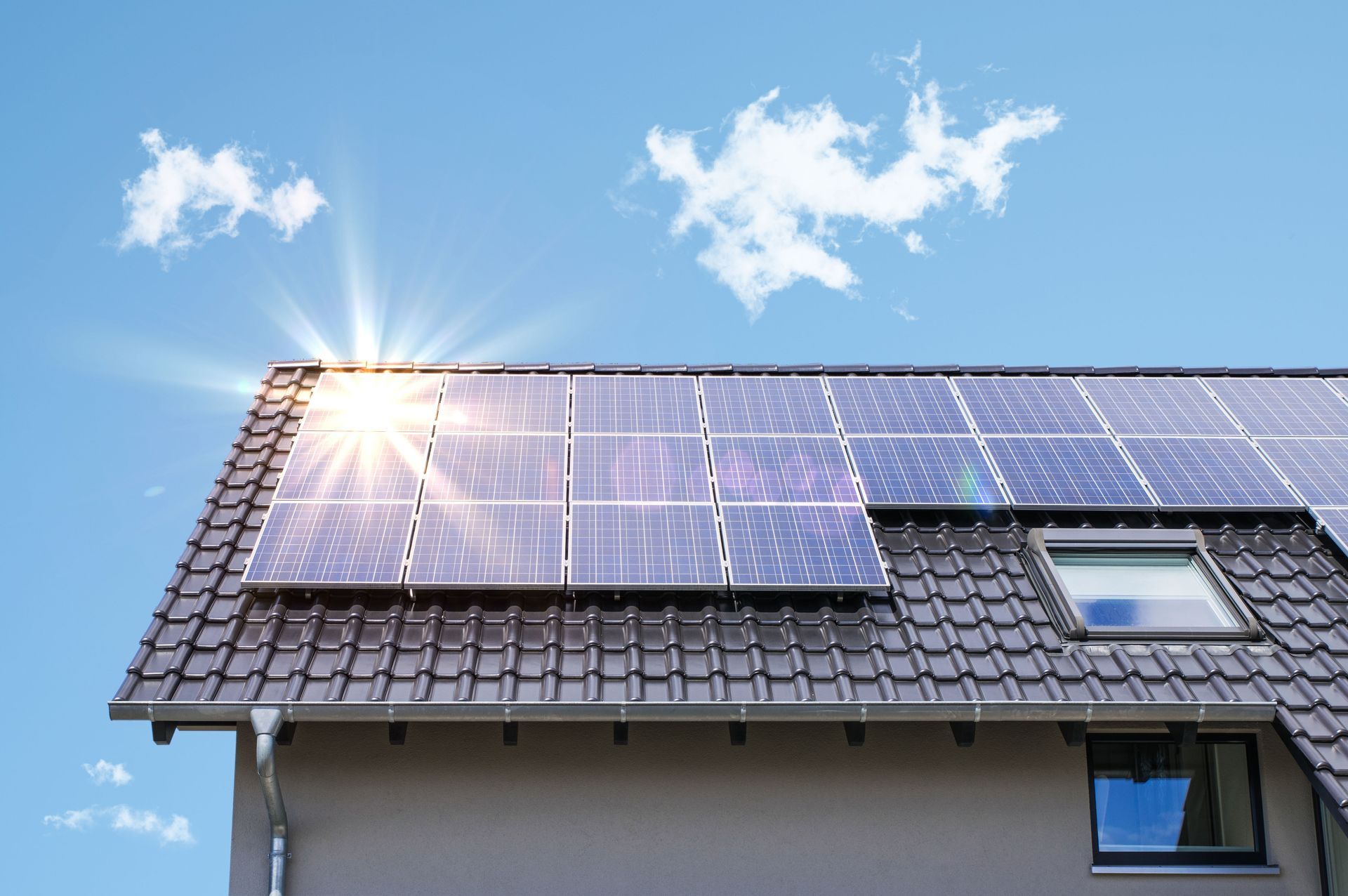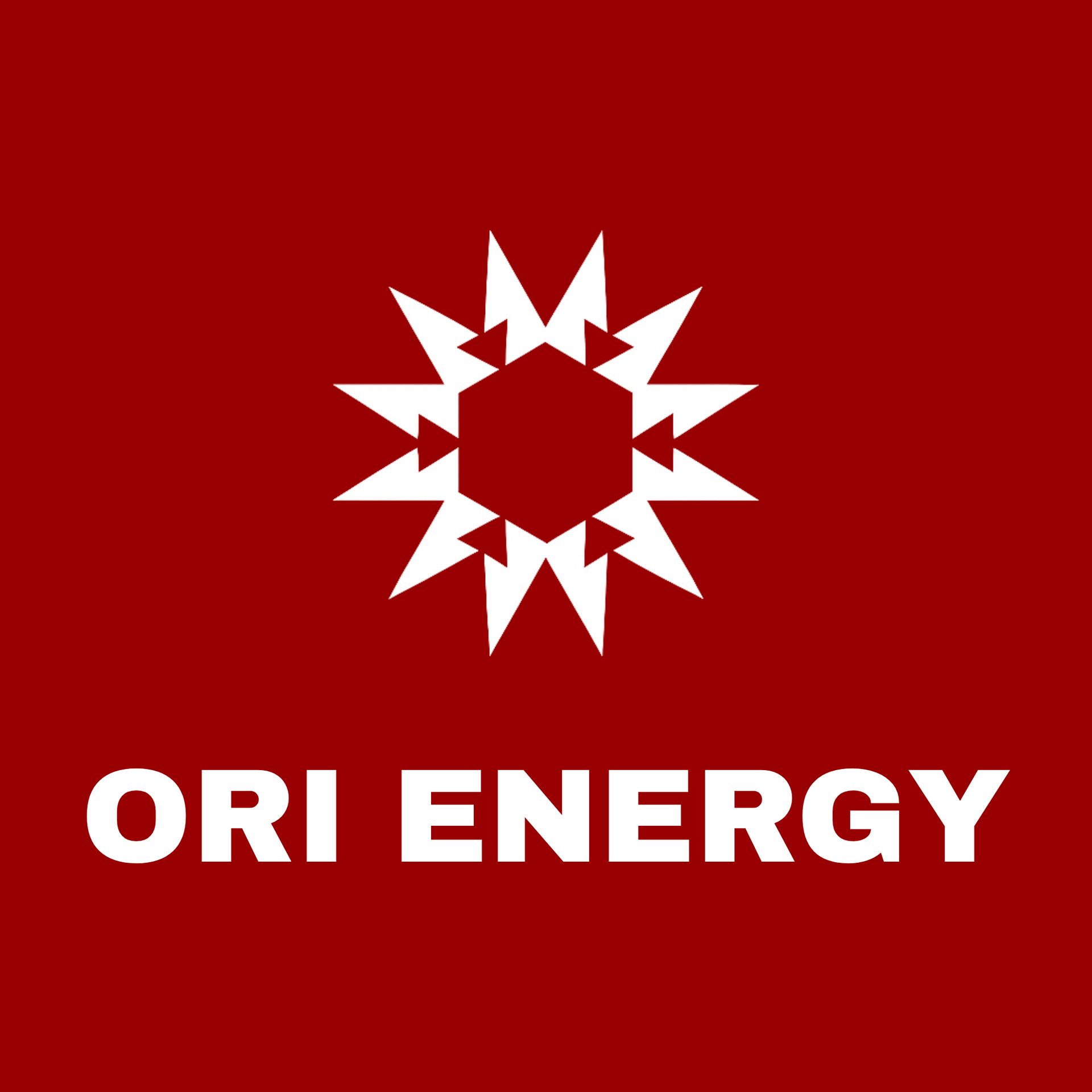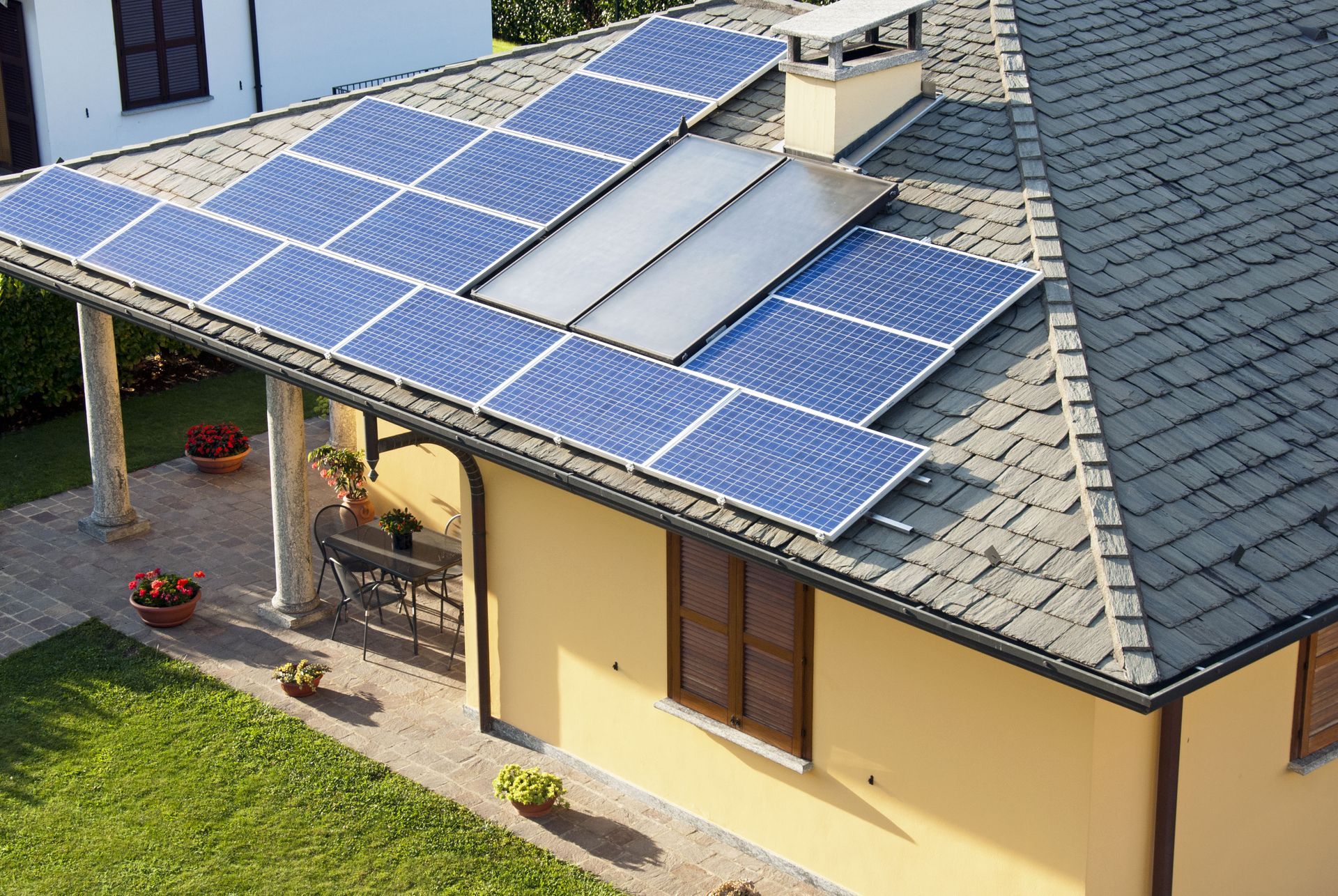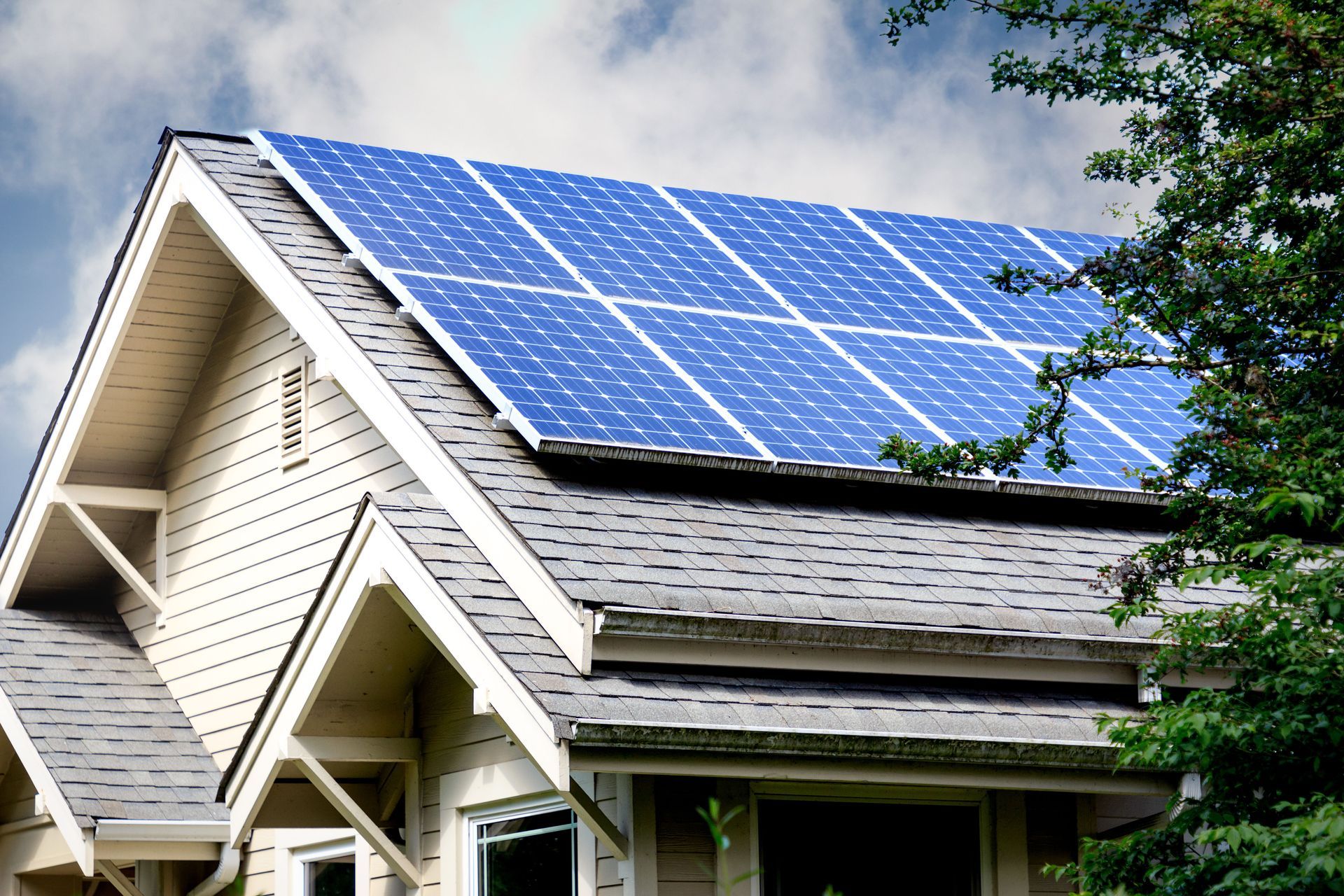6 Things to Know Before Installing Solar Panels on Your Home
Are you looking to enhance your home's energy source? You may want to consider solar panels as an option. Installing solar panels on your home is an investment that requires careful consideration and understanding of various factors. This article outlines several crucial points to consider before making the decision to embrace solar energy. From financial implications to technical specifications, we delve into the essentials to guide you through the process.
1. Assessing Your Home's Solar Potential
Before installing solar panels, it's crucial to evaluate your home's solar potential. One primary factor to consider is the amount of sunlight your roof receives throughout the year. Homes in sunnier climates generally have a higher solar potential, but even in less sunny areas, solar panels can be effective.
Roof suitability is another important consideration. A roof with a large, unobstructed southern exposure typically yields the best results. Additionally, it's essential to ensure that your roof is in good condition to support the panels both in terms of structural integrity and longevity.
Shading is a significant factor that can affect solar panel efficiency. Nearby trees, tall buildings, and other structures might cause shading issues that reduce energy output. To assess this, solar mapping tools can be used to provide detailed information regarding the potential productivity of solar panels on your rooftop.
2. Understanding Financial Implications
The financial aspect of solar panel installation is a critical factor in your decision-making process. According to HomeAdvisor, the combined cost of materials and labor for solar panel installation usually ranges from $2.50 to $3.50 per watt, so understanding the initial investment needed is crucial. Additionally, examining potential incentives and rebates from government programs can significantly reduce the upfront cost.
Exploring potential energy savings over the lifespan of the panels is equally important. On average, a well-placed and maintained solar system can reduce or even eliminate your electricity bill, offering substantial long-term savings. Comparing these savings with initial expenses will provide a clearer picture of your ROI.
Various financing options, such as solar loans, leases, and power purchase agreements, are available to assist with the initial outlay. Each option has its own pros and cons, and it's vital to understand these before making a decision. A careful analysis of the anticipated return on investment will determine whether solar panels align with your financial goals.
3. Choosing the Right Solar Panel Type
Choosing the correct type of solar panels for your home is essential in maximizing efficiency and energy output. Monocrystalline panels are slightly more efficient and last longer, but they also come with a higher price tag. Conversely, polycrystalline panels are more affordable but may not offer the same level of efficiency or lifespan.
Thin-film solar panels are another option, suitable for specific environments where weight and flexibility are top priorities. While they might lack some efficiency compared to crystalline panels, their adaptability can be beneficial in certain installations. It's vital to balance efficiency needs with budget constraints when choosing panel types.
Consider efficiency ratings, warranty terms, and longevity when selecting your panels. Aesthetics also play a role, especially if the visual impact is a priority for your home. Manufacturers offer different design options that can fit your specific aesthetic preferences while maintaining high-performance standards.
4. Selecting a Qualified Solar Installer
The success of your solar panel installation largely depends on selecting a qualified installer. Verify their credentials, such as licenses or certifications, and inquire about their experience with similar projects. An experienced installer should be well-versed in the latest technology and industry standards.
Reading reviews and testimonials from previous clients offers valuable insights into the installer's reliability and quality of work. Be wary of any consistent complaints regarding service or post-installation issues. Recommendations from trusted sources can also guide you in the right direction.
Obtaining multiple quotes from different installers will offer a sense of overall market pricing and service variation. Comparing these proposals will help you understand the differences in panel quality, system size, expected energy output, and installation timeline. Ensure that the installer offers comprehensive post-installation support, as maintenance and aftercare are crucial for sustaining your system's efficiency over time.
5. Navigating Legal and Regulatory Requirements
Installing solar panels involves understanding legal and regulatory frameworks, ensuring compliance with applicable laws. Securing the necessary permits before installation is paramount; failing to do so can lead to fines or the need to dismantle the system. The requirements for permits can vary widely depending on your location.
Local zoning laws may impose restrictions on solar panel installations, such as aesthetic guidelines or height restrictions. Consulting with local authorities or a legal expert can clarify these requirements. Understanding net metering policies is also critical; they determine how much credit you receive for excess energy generated and shared with the grid.
If you are part of a homeowner association (HOA), it's crucial to consult with them regarding guidelines and permissions for solar installations. Each HOA may have different rules, and failing to comply can be problematic. Utility connection requirements should also be understood thoroughly, as they influence how your solar panel system integrates with the local power grid.
6. Preparing for Installation and Maintenance
Preparation is key to a successful solar panel installation. Establishing a timeline for installation helps to keep all parties on track, ensuring a smooth process from start to finish. Be prepared for possible delays due to weather or unforeseen issues encountered during the initial site assessment.
A pre-installation home audit can identify potential problems early, such as roof repairs or electrical upgrades that might be necessary. Proper communication with your installer is essential to address these issues promptly and avoid future complications. This collaborative effort will help ensure that your installation process is seamless and efficient.
Regular maintenance is vital to prolonging the lifespan of your solar panels and maximizing energy production. Simple steps like cleaning the panels and inspecting the wiring can prevent efficiency losses over time. Implementing a monitoring system allows you to track energy production and quickly identify any anomalies that may indicate a need for repairs.
Installing solar panels is a significant decision that can lead to substantial environmental and financial benefits. By thoroughly understanding your home's feasibility, the financial landscape, and the technical specifics of solar technology, you can make an informed choice that enhances your home's sustainability.
Comprehensive research and preparation are key to ensuring that your investment in solar energy is a successful endeavor. Additionally, consider how solar panels can increase your home's resale value and appeal to eco-conscious buyers. Studies show that homes equipped with solar energy systems often sell faster and at a premium compared to non-solar homes. The long-term payoff extends beyond just energy savings, contributing to a more sustainable future and a lower carbon footprint. Whether you're motivated by cost efficiency, energy independence, or environmental responsibility, going solar is a forward-thinking choice.
If you're looking for quality solar panels to improve your environmental impact or receive some financial benefits, don't hesitate to contact Ori Energy today. We have been committed to offering innovative energy solutions that cater to both residential and commercial clients for over six years. We offer ground-mounted and roof-mounted solar panels to cater to your preferences. In addition to solar services, we also provide insulation services tailored to your needs. Call us today!




Share On: